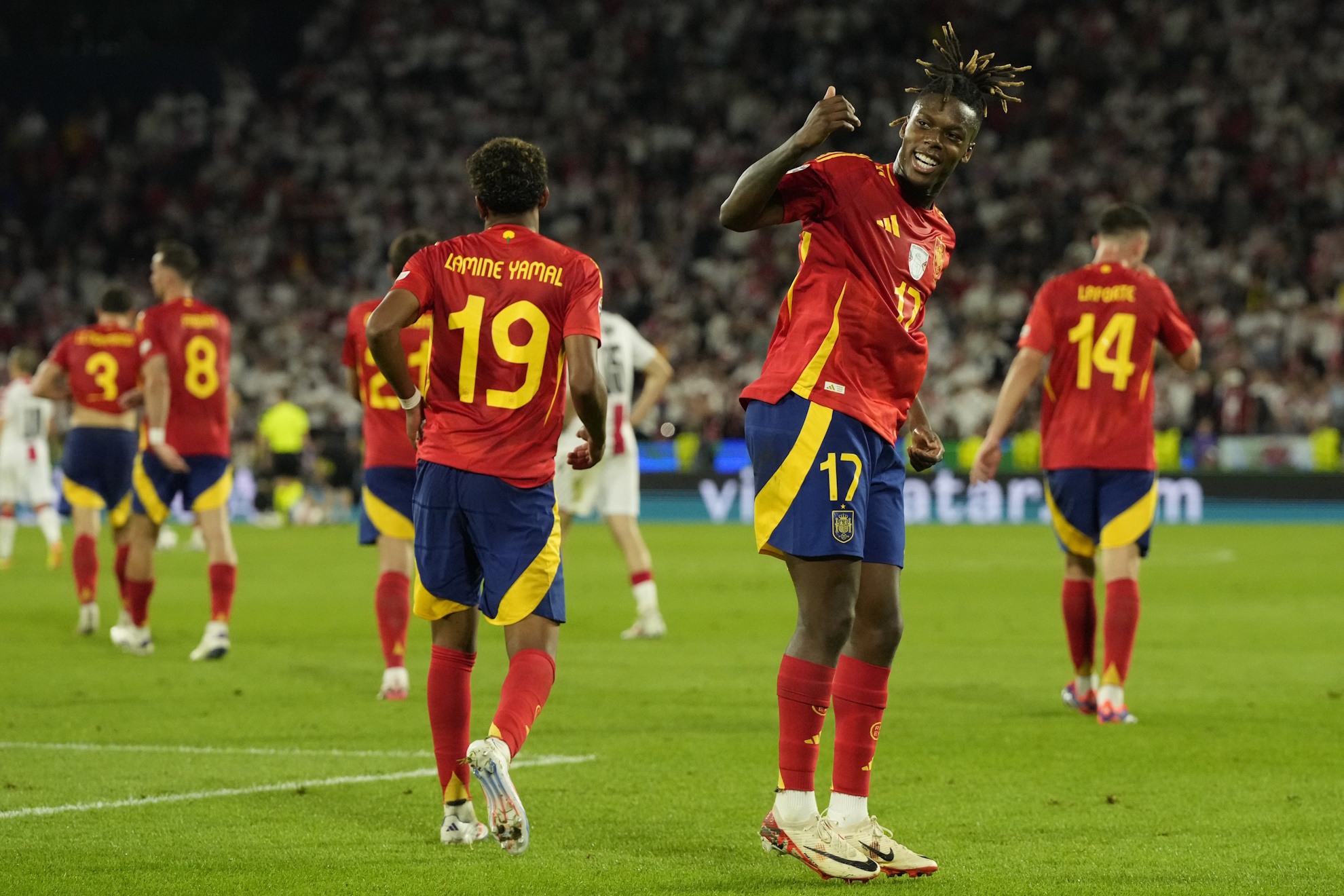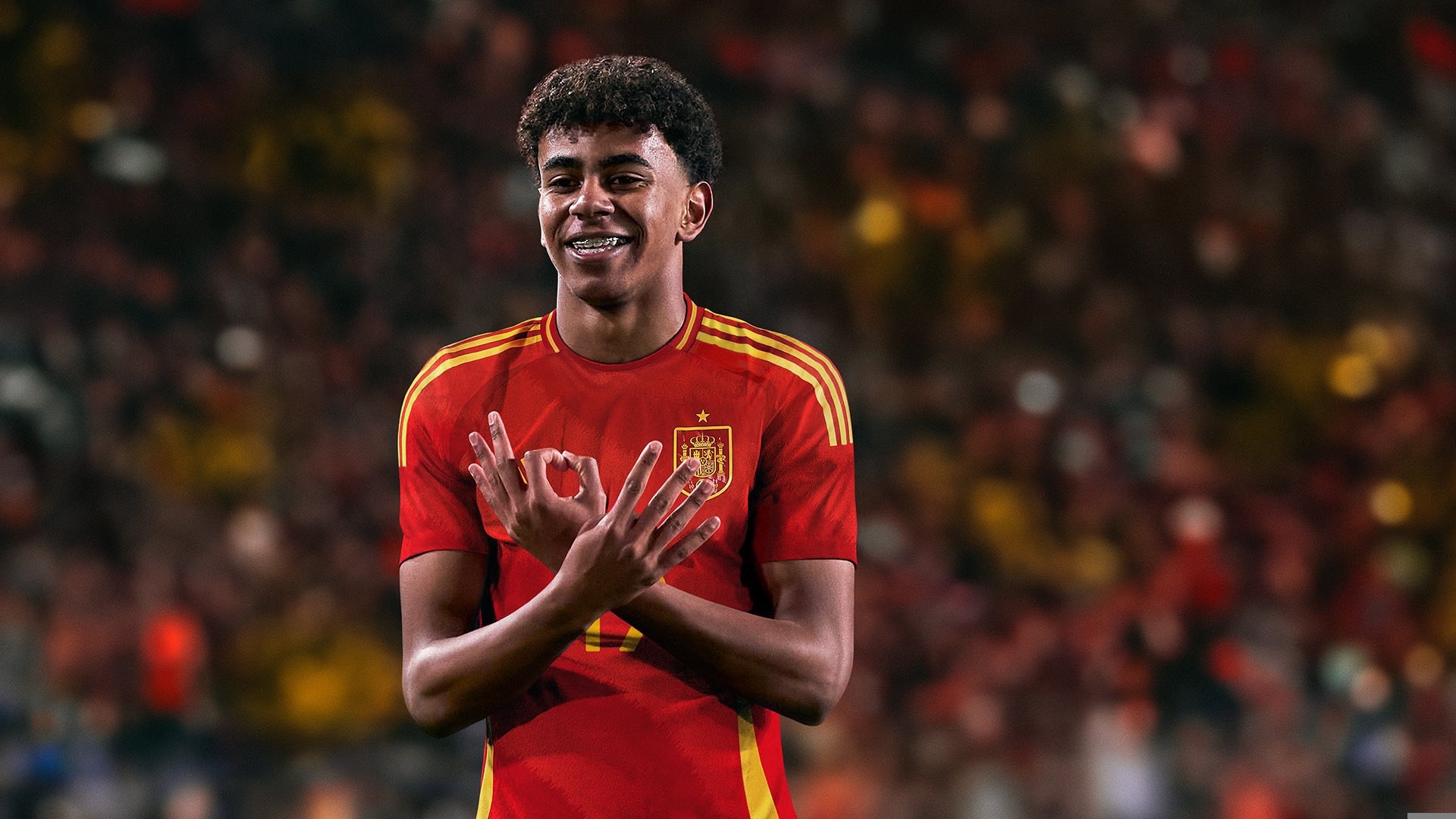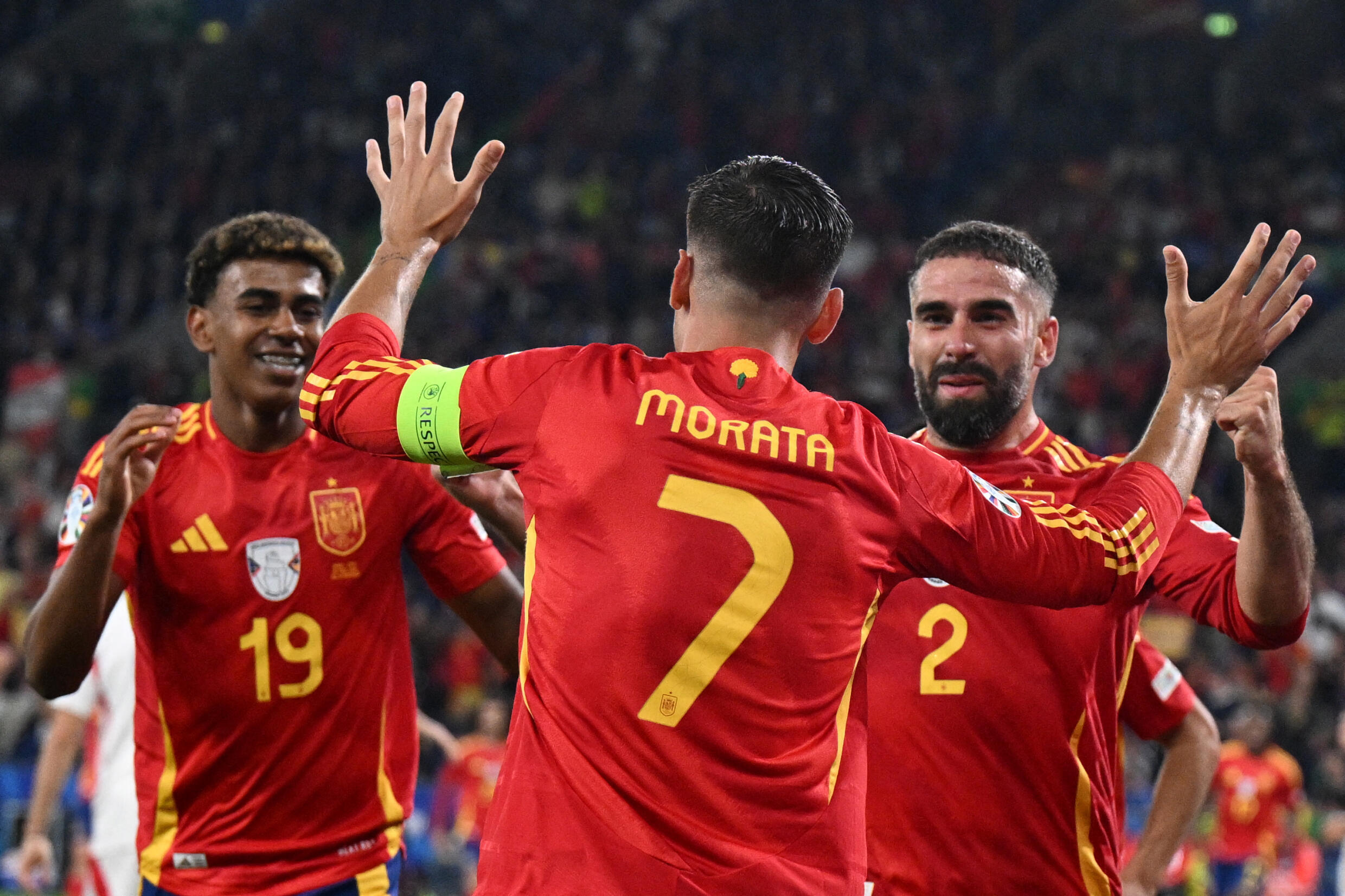The world of football has always been dominated by a few powerhouse teams, with countries like Brazil, Argentina, and Germany consistently dominating the international stage. However, in recent years, one team has risen from the shadows to prove that they are a force to be reckoned with – the Spain football team.
The Spanish national team, also known as La Furia Roja (The Red Fury), has had a remarkable journey in the last decade, going from underdogs to becoming one of the most successful football teams in the world. With their unique style of play, talented players, and strong team spirit, Spain has become a force to be feared on the pitch. In this article, we will delve into the history of the Spain football team, their rise to success, and the key factors behind their achievements.
History of the Spain Football Team
The roots of Spanish football can be traced back to the late 19th century when British workers and sailors introduced the sport to the country. It was not until 1904 that the first official Spanish national team was formed, and they played their first international match against Denmark in Copenhagen. However, it wasn’t until the 1920s that Spain began to participate regularly in international tournaments, including the Olympics and the World Cup.

Spanish football originated in the late 19th century when British workers and sailors introduced the sport to the country
Despite having some talented players and occasional successes, the Spanish national team struggled to make their mark on the global stage. They failed to qualify for the World Cup in 1930, 1934, and 1950 and didn’t make it past the group stages in their other appearances.
In the 1960s and 1970s, Spain enjoyed a period of relative success, reaching the quarterfinals of the World Cup in 1962 and 1978. However, it wasn’t until the 1980s that the team started to show signs of their true potential. Under the guidance of coach Luis Suarez, Spain won their first major trophy – the UEFA Euro 1964.
Despite this victory, the Spanish team continued to struggle in major tournaments, often falling short in the final stages. It wasn’t until the turn of the century that a new generation of players emerged, which would change the course of Spanish football history.
The Golden Era: 2008-2012
The most significant turning point for the Spain football team came in 2008 when they were crowned European champions for the second time, beating Germany 1-0 in the final. This victory marked the beginning of an unprecedented period of dominance for the Spanish team, with three major tournament wins in a row.
Under the guidance of manager Luis Aragones, the Spanish team adopted a new style of play, which would become known as “tiki-taka.” This possession-based style of play involved quick passing and movement, keeping the ball on the ground, and constant pressure on the opposition. This tactic proved to be highly effective, and it set the foundation for Spain’s success in the coming years.
In the 2010 World Cup, Spain’s tiki-taka proved to be unbeatable, and they became the first European team to win the tournament outside their own continent. They beat the Netherlands 1-0 in a tense and physical final, with Andres Iniesta scoring the winning goal in extra time.
Spain’s dominance continued in the UEFA Euro 2012, where they became the first team to win three consecutive major tournaments. They thrashed Italy 4-0 in the final, cementing their place as one of the greatest international teams of all time. This golden era saw the rise of some of the most talented and influential players in Spanish football history, including Xavi, Iniesta, Sergio Ramos, and David Villa.
Behind Spain’s Success: Key Factors
The Spanish team’s rise to success cannot be attributed to one single factor. Instead, it is a combination of various elements that have worked together to create the perfect storm for Spain to dominate international football. In this section, we will explore the key factors that have contributed to Spain’s success on the pitch.

It is a blend of different factors that have converged to facilitate Spain’s dominance in international football
A Strong Youth Development System
One of the most significant contributors to Spain’s success has been their strong youth development system. From a young age, players in Spain are exposed to high-quality training and coaching, which focuses on technical abilities, tactical awareness, and teamwork. This approach has helped produce a steady stream of talented players who have gone on to represent the national team.
Moreover, the Spanish football federation has invested heavily in youth academies, ensuring that young players have access to top-notch facilities, equipment, and coaching. This investment has paid off, with Spain producing some of the best young players in the world, including Ansu Fati, Ferran Torres, and Pedri.
Unity and Team Spirit
Another crucial element behind Spain’s success has been the remarkable team spirit and unity within the squad. The Spanish team consists of players who come from different clubs, regions, and backgrounds, yet they come together to form a cohesive unit on the pitch. This sense of camaraderie and brotherhood has been cultivated over the years, with players forming strong bonds off the pitch as well.
Furthermore, the Spanish team has always had a strong core of players who have played together at the club level, creating a seamless understanding and connection on the pitch. This sense of unity and understanding is evident in their possession-based style of play, where every player knows their role and supports each other.
A Winning Mentality
Success breeds success, and that has been the case for the Spanish team in recent years. Winning the 2008 Euro was a turning point for the team, and it gave them the confidence and belief that they could beat any team in the world. This winning mentality has been instilled in the players, who have been able to rise to the occasion and deliver under pressure.
Moreover, Spanish players are exposed to high-pressure situations from a young age, playing in intense league matches and European competitions. This experience has helped them develop the mental toughness needed to succeed at the highest level. In addition, the team’s consistent success has created a culture of excellence, where anything less than victory is seen as a failure.
The Current State of the Team
The Spanish national team has continued to perform well in recent years, despite not achieving the same level of dominance as they did in 2008-2012. In the 2014 World Cup, they were eliminated in the group stages, and in the 2016 Euro, they were knocked out in the round of 16. However, they bounced back in the 2018 World Cup, reaching the round of 16 before being defeated by hosts Russia on penalties.
Currently, Spain is undergoing a transition phase, with many of their star players from the golden era retiring or reaching the end of their careers. However, the team still has a strong core of experienced players, including Sergio Ramos, Sergio Busquets, and David de Gea, who continue to lead the team. In addition, there is an influx of young, talented players who have already made their mark on the international stage, such as Marco Asensio, Dani Olmo, and Eric Garcia.
Challenges Faced by the Spanish Team
Despite their success, the Spanish team has faced several challenges in recent years. One of the most significant challenges has been injuries to key players, which have often affected their performance in major tournaments. In both the 2014 and 2018 World Cups, Spain was missing key players like Diego Costa, Isco, and Dani Carvajal, which weakened their squad.
Moreover, the Spanish team has also faced criticism for their overreliance on tiki-taka and lack of a plan B when their possession-based game is not working. This has led to some underwhelming performances, particularly in the knockout stages of major tournaments.
Another challenge faced by the Spanish team is the rising competition from other national teams. Countries like France, Belgium, and England have all produced strong squads in recent years, posing a threat to Spain’s dominance.
The Future of Spanish Football
Despite the challenges, the future looks bright for the Spain football team. With a strong youth development system, talented players, and a winning mentality, there is no doubt that Spain will continue to be a dominant force in international football. In addition, the recent appointment of Luis Enrique as the head coach has injected new energy and ideas into the team, which could lead to further success in the coming years.

Due to a robust youth development program, talented players, and a winning mindset, Spain is poised to maintain its strong presence in international football
Furthermore, Spain will be hosting the UEFA Euro 2021, providing them with an opportunity to defend their title on home soil. This tournament will also give younger players a chance to prove themselves and establish themselves as key members of the team.
Potential Stars of the Future
In this section, we will take a look at some of the young players who have the potential to become the next generation of superstars for the Spanish national team.
Ansu Fati
At just 18 years old, Ansu Fati has already made a name for himself as one of the most promising young players in world football. Playing for Barcelona, Fati has shown incredible speed, skill, and goal-scoring abilities, becoming the youngest player ever to score for the club.
Fati has already made his debut for the Spanish national team and is expected to become a regular member of the squad in the upcoming years. With his pace, technical abilities, and clinical finishing, Fati has the potential to become a key player for Spain in the future.
Ferran Torres
Another young talent making waves in Spanish football is Ferran Torres. The 21-year-old winger burst onto the scene with Valencia before making a move to Manchester City, where he has continued to impress with his speed, dribbling, and goal-scoring abilities.
Torres has already made an impact for the Spanish national team, scoring a hat-trick against Germany in the UEFA Nations League. With his pace and creativity, Torres has the potential to become a vital player for Spain in the coming years.
Conclusion
The rise of the Spain football team over the last decade has been nothing short of remarkable. From underdogs to dominating international football, La Furia Roja has truly established themselves as one of the greatest teams in the history of the sport. With a strong youth development system, talented players, and a winning mentality, the Spanish team is well-positioned to continue their success in the future. As fans, we can only wait and see what the future holds for this incredible team.


